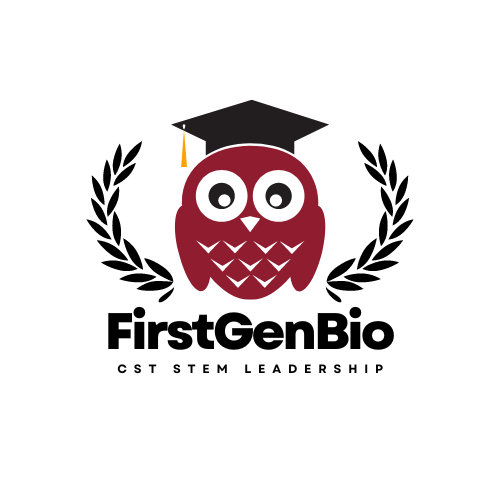As a biology student, you’re likely focused on mastering complex concepts, conducting experiments, and preparing for exams. But in today’s competitive job market, it’s just as essential to build a professional online presence that can help you stand out to future employers. One of the most powerful tools for doing this is LinkedIn.
Your Digital Resume: Showcasing Your Skills and Achievements
LinkedIn is more than just a social network—it’s a digital resume. Your profile allows you to list your education, skills, projects, research experience, and even volunteer work, giving potential employers a comprehensive view of your qualifications. As a biology student, you can use this space to highlight:
- Relevant coursework and laboratory skills
- Internships and research opportunities
- Special projects, like fieldwork or independent studies
- Any academic awards or honors
A well-crafted LinkedIn profile acts as a dynamic portfolio that you can update and share with future employers. By making it easy for recruiters to see your strengths and potential, you’re one step closer to landing a job or internship.
Networking: Building Connections with Industry Professionals
As a biology student, you can connect with professors, researchers, alumni, and professionals working in areas like healthcare, environmental science, pharmaceuticals, biotechnology, and more.
By joining LinkedIn groups or following organizations that align with your career interests, you can stay up-to-date on industry trends and job opportunities. Networking on LinkedIn also allows you to directly engage with professionals in your field—whether that means asking for advice, seeking mentorship, or even learning about internship opportunities.
Job Opportunities: Finding Biology Jobs and Internships
Employers are increasingly using LinkedIn to find qualified candidates, and many companies post job openings exclusively on the platform. As a biology student, you can use LinkedIn to:
- Apply for internships in research labs, hospitals, or biotech companies.
- Find entry-level jobs or summer positions in environmental organizations, public health, or healthcare.
- Receive job recommendations based on your skills, interests, and connections.
Building Your Professional Brand: Showcasing Your Research and Interests
LinkedIn isn’t just about listing skills and qualifications—it’s also a platform to share your professional interests. As a biology student, you can:
- Post updates about your research or projects (even if they’re still in progress).
- Share articles related to biology that show your knowledge of current events or trends in the field.
- Publish long-form posts or articles about scientific discoveries, fieldwork experiences, or career insights.
This type of content shows future employers that you are engaged and passionate about your field, positioning you as someone who is already thinking like a professional in the industry.
As a biology student, LinkedIn is more than just a social media site—it’s a powerful career tool that can help you grow professionally, find job opportunities, and connect with mentors and peers in your field. Start today, and make sure your LinkedIn profile reflects the hard work and potential you bring to the world of biology.





